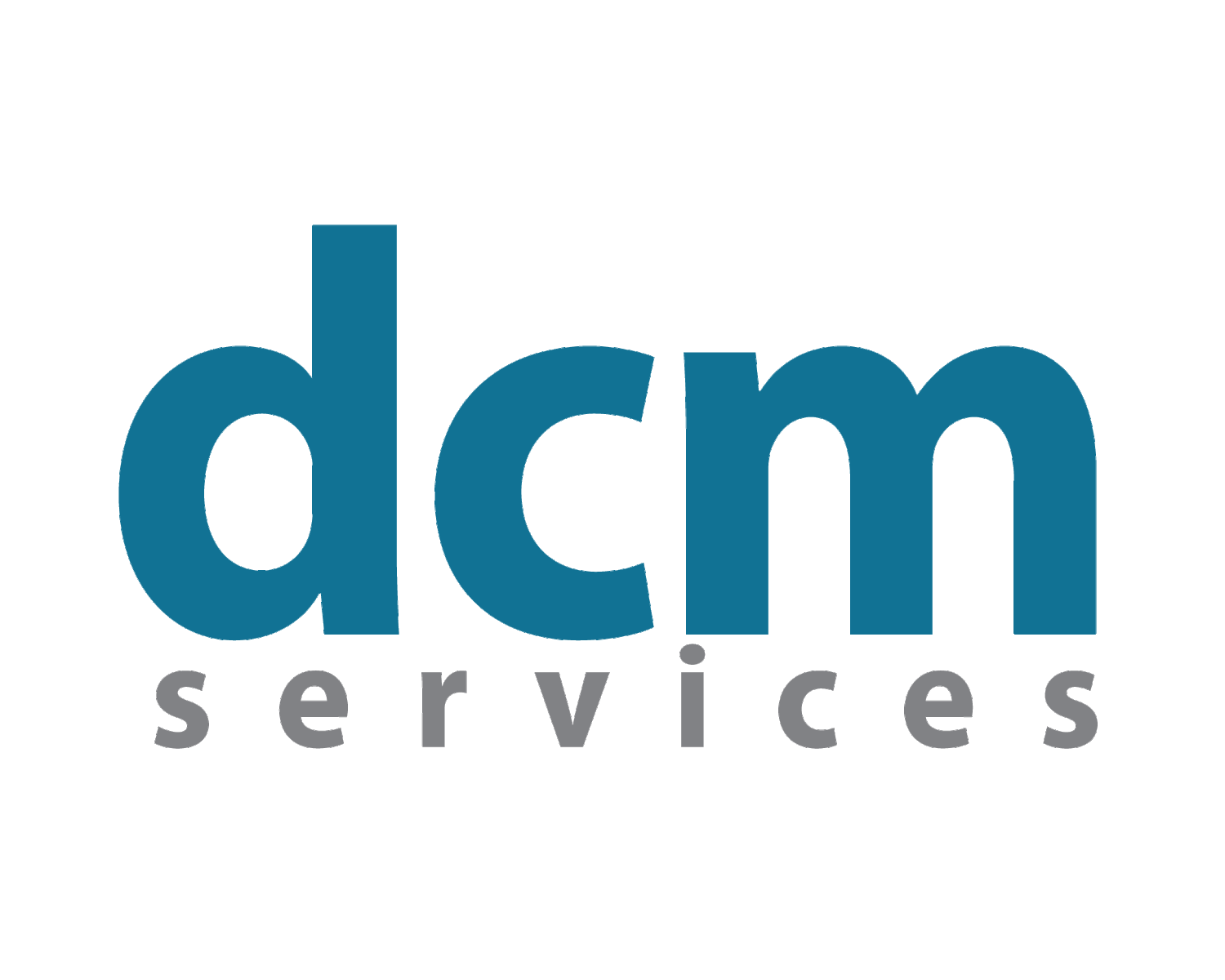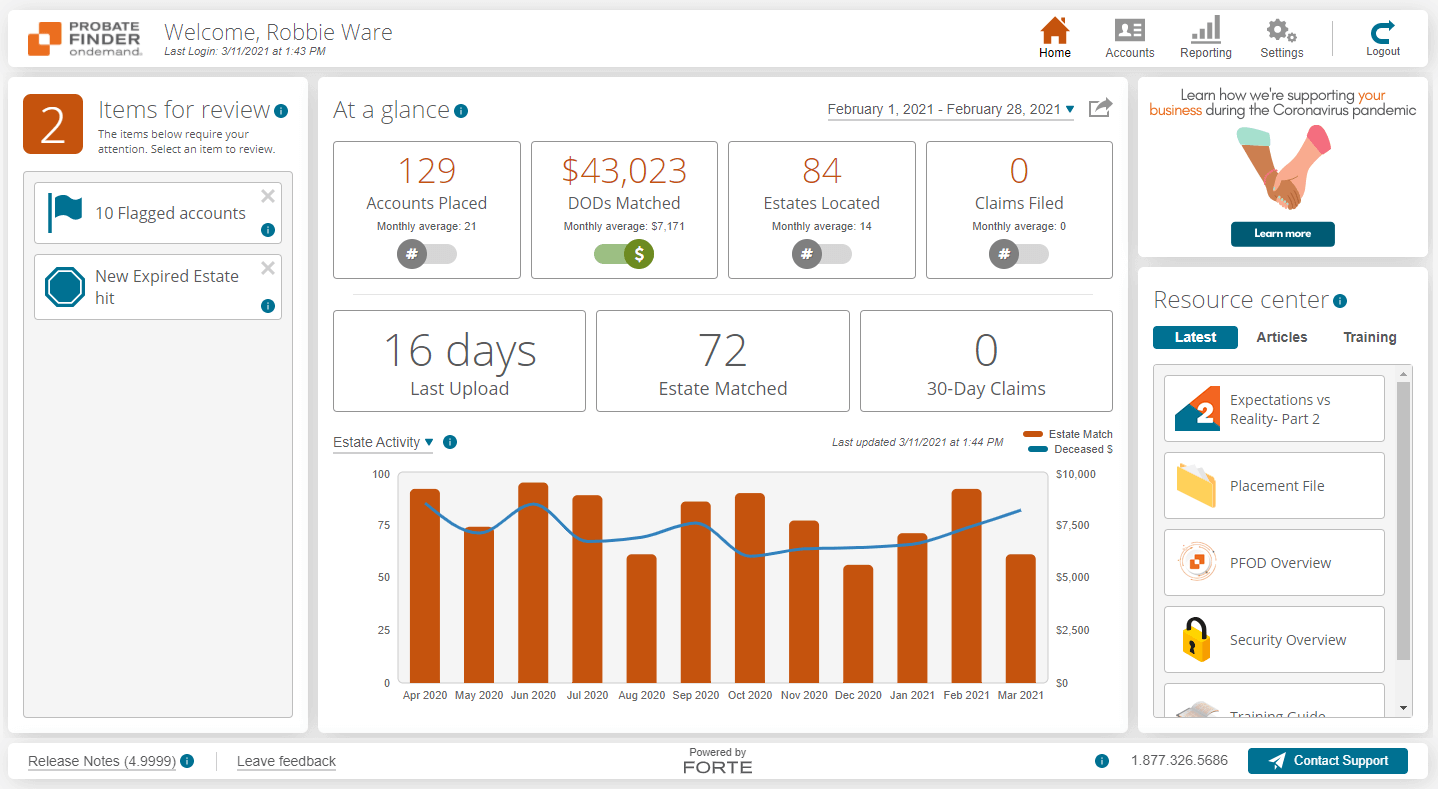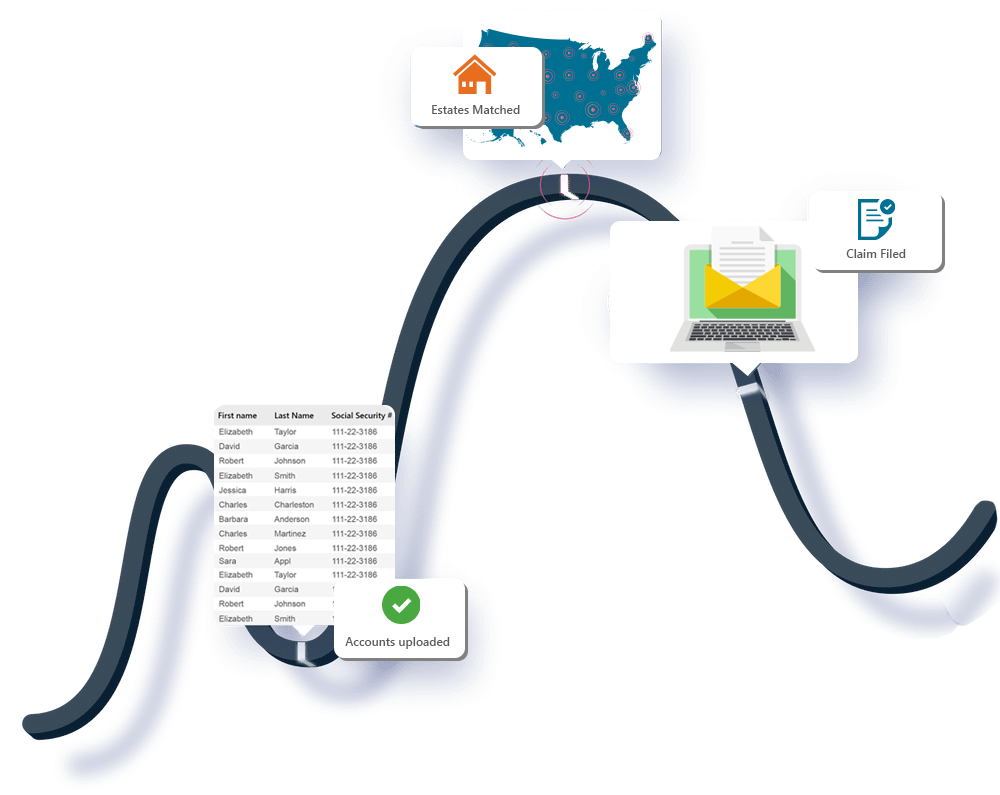By Matt Rehnelt, Business Development Manager
In the probate and estate recoveries industries there are two distinct perspectives: that of the estate and that of the creditor. DCM Services has been well-versed in handling matters from the creditor’s perspective for more than 20 years, working with 25 of the top 100 auto lenders in the U.S. Throughout my career, I have found it extremely beneficial to thoroughly understand each point of view to achieve the best possible outcome.
Recently, I spoke with a local probate attorney to learn about the most common questions they hear from their clients on a regular basis, as well as how they would advise the estate to proceed. The answers I received were enlightening.
Q: If a family member recently passed away and has a car loan in their name only, can you continue to make the car payment until the vehicle is paid off?
A: The lender is probably within their rights to force a change. However, there are other issues – for example, you may need to register the vehicle and you may only be able to do that if you pay off the loan.
Insurance may also be a problem. If the vehicle is insured in the decedent's name, then the insurance company will balk at paying if there is a future claim. If and when the loan is repaid, the lender will issue a release to the decedent. How this release would apply to the new owner is also questionable.
If you can get around these items, then the main concern may be getting the vehicle retitled. If there is no probate estate and if the person in question is an heir, there is a simplified process. However, if probate is necessary, the auto loan will then need to be considered an asset of the estate before being transferred.
Q: So, what happens to that loan once it is considered an asset of the probated estate?
A: In most cases, a creditor is within their rights to file a claim against the probate estate. This will allow the remaining balance owed to be recognized against any of the assets in the probate estate. Before the probate estate can be formally closed, all creditors that had filed claims would need to be addressed in the correct order.
Q: That brings up a good point. Knowing whether the estate is going to have enough funds to resolve the debt is a huge time saver, because that ultimately lets a creditor know if they are getting a settlement in full, pro-rata, or nothing at all. What is your process of notifying creditors when there are not enough funds to resolve claims?
A: Well, most attorneys I know have a pretty similar process. The Personal Representative must look at the claims that have been filed and determine which debts get paid first. Under many state laws, there is a specific order in which the debts must be paid:
Priority of claims
Costs and expenses of administering the estate, including attorney’s fees.
Reasonable funeral expenses will be paid.
Any debt that has preference under Federal law, including for example, Federal taxes.
Expenses for medical costs or hospital stays for the decedent’s final illness and/or secure debts (i.e., boat loans, auto loans, etc.).
Expenses for medical costs or hospital expenses incurred during the year before death.
Any debts under federal law, such as state taxes, and last, any other unsecured debt. The personal representative pays the debts in this order, not in the order in which the claims are received.
Once the assets of the estate run out, then the debts that are further down the priority list will simply not be paid or will need to be pro-rated based on remaining funds.
In the event the estate is insolvent, or unable to pay creditors, we will typically work with the Personal Representative to prepare an itemized inventory of all of the debts and assets. Ultimately, this provides the creditor with some form of documentation showing the estate truly does not have the funds to resolve their claim. Typically, this documentation is not sent to creditors unless requested because of the extra charges brought upon an estate that is already lacking funds.
Q: Interesting. My last question is a bit of a tough one. Do attorneys ever “bend the truth” to make it look like the estate does not have funds to pay claims?
A: I do not want to speak on behalf of all legal counsel in the United States, but it’s not out of the realm of possibility. I think that ultimately, a Personal Representative retains an attorney to represent the estate for a couple reasons; the first is due to the nature of probate, it can be a time intensive process. Personal Representatives negotiating on their own means less time with their family and more than likely taking time off of work.
The second reason is that attorneys can typically save a good portion of funds for the estate by either negotiating debts down, accepting settlements, and/or taking advantage of other state statutes that legally allow heirs to receive certain funds prior to creditors, such as homestead laws or administration fees.
Ultimately, probate proceedings can take up to a year or two, the assets are typically "frozen" until the courts decide on the distribution of the property. Probate can easily cost between 3% and 7% or more of the total estate value. If the estate does have liquid assets available, it sometimes in the best interest of all parties to resolve the estate in a timely manner.
Q: I appreciate you talking with me today and agreeing to be part of my new series “Interviews with a Probate Attorney”. Is there anything else you would like to add?
A: My biggest suggestion for individuals who are looking to retain an attorney to assist in probate, setting up a trust, transfer on death [deeds or accounts], or any other matter, is to choose someone that they feel comfortable with and share the same values and ethics. Having a certain level of trust, creates peace of mind and makes the entire process that much easier.
The contents of this article are not intended as legal advice. This article is intended only for general informational purposes. If you have any questions, please consult with your legal counsel.
About the author
Spending a majority of his career working within the financial services and healthcare industries, Matt has worked with DCMS since 2010. Matt works hand-in-hand with organizations to create and enhance their estate recovery process. Matt graduated from Metropolitan State University with his Bachelors in Business
Administration.





